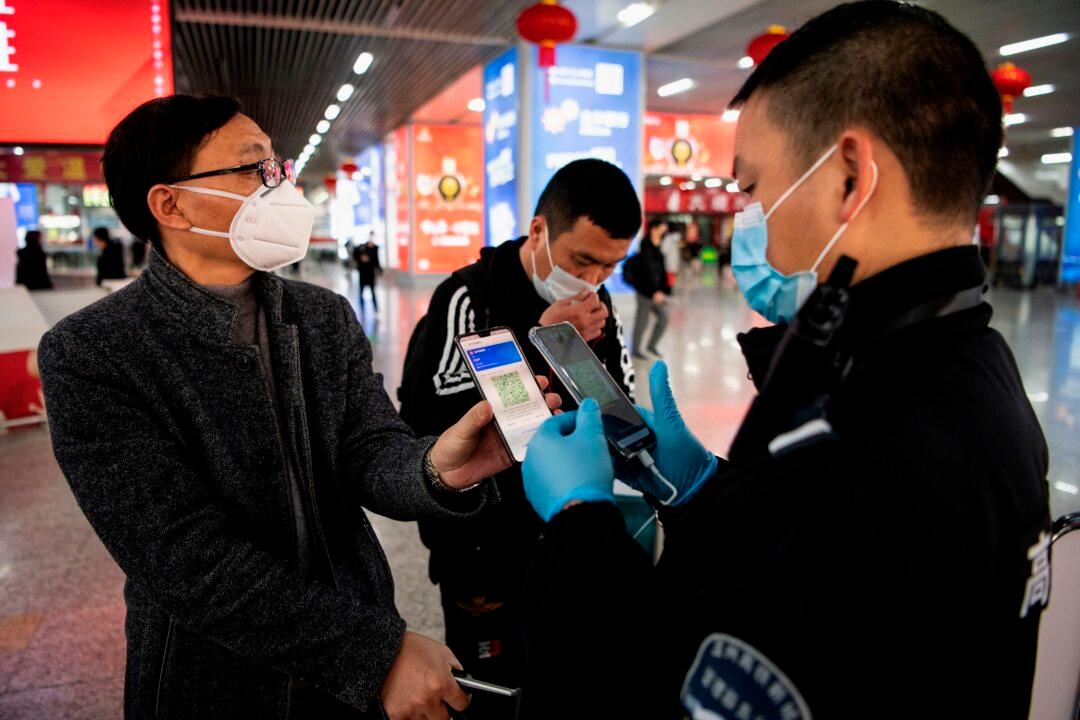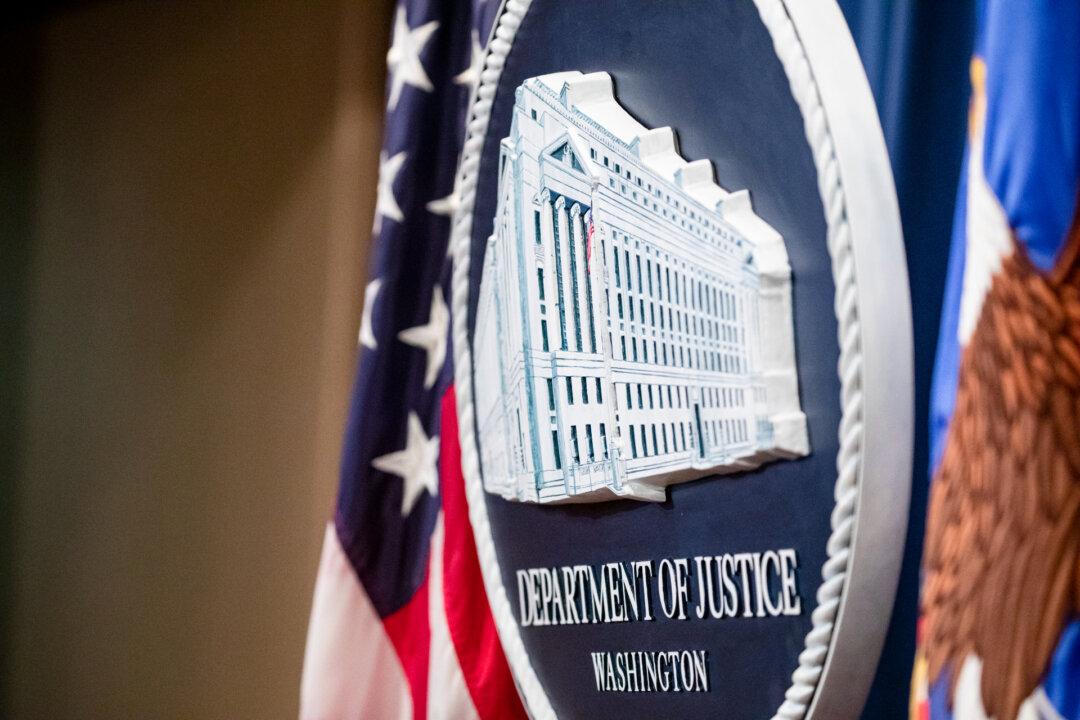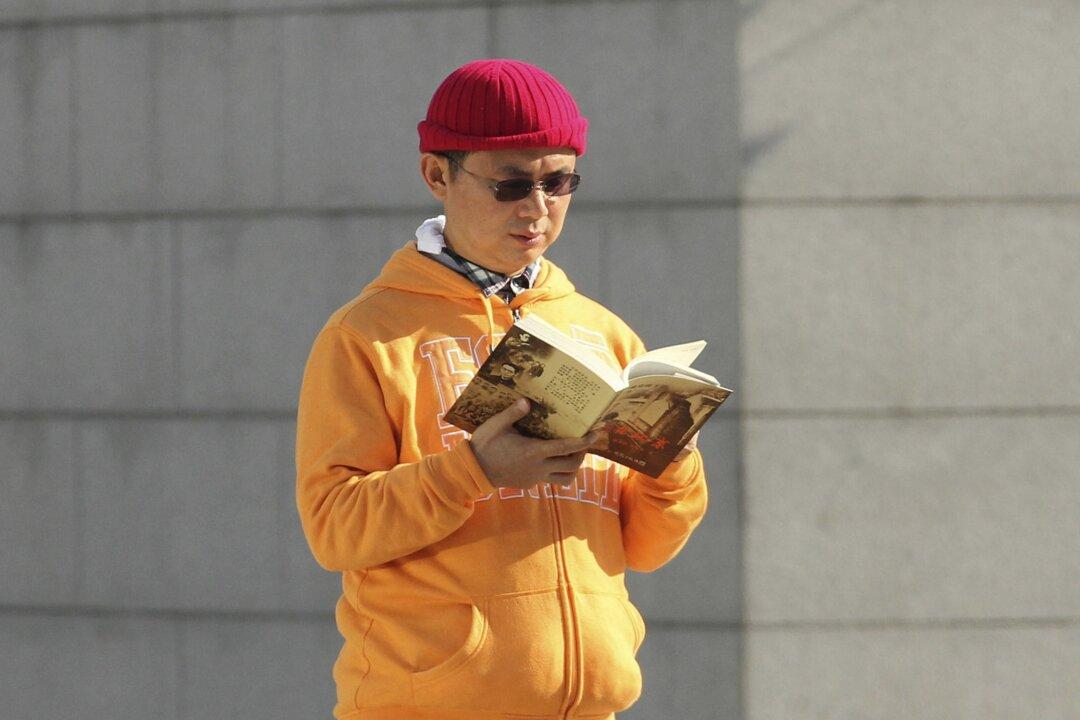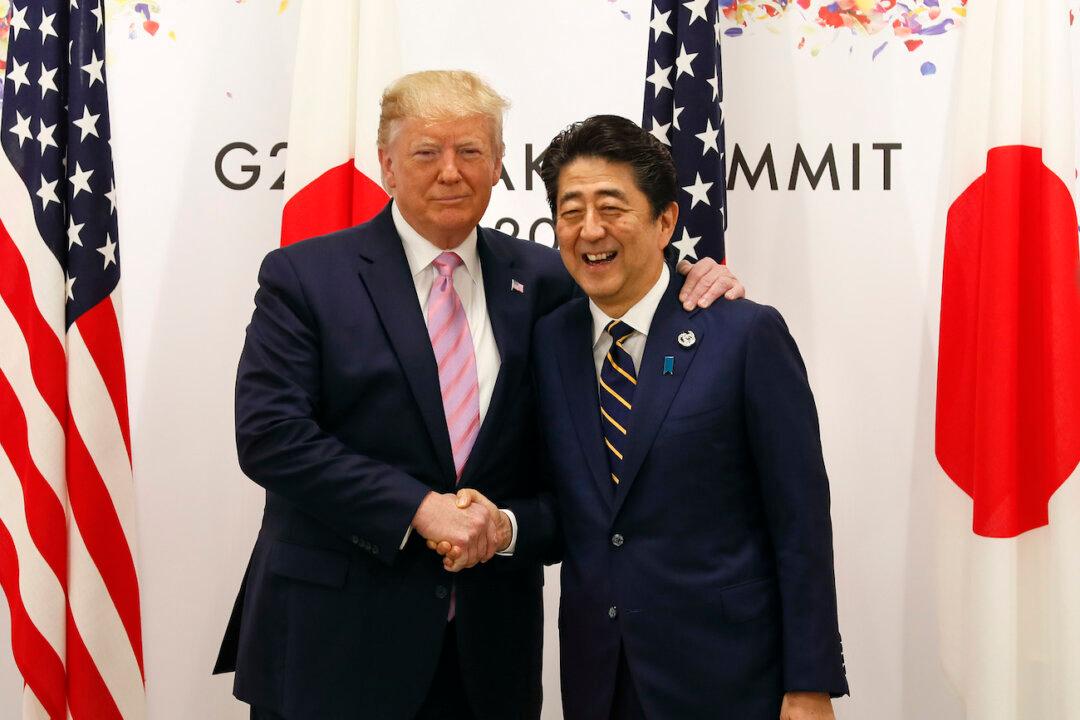Chinese authorities are using a new term for their combined approach of restricting citizens’ movement through tech surveillance and pandemic lockdowns. Analysts have expressed concern over the new tactics, which single out individuals for being a “companion in space and time” with a COVID-19 patient.
The Public Security Bureau of Chengdu City in southwestern China’s Sichuan Province issued a notice that, as of Nov. 4, they have identified 82,000 residents as exposed to the risk of being a close contact to a person infected by COVID-19, reported state media outlets.





